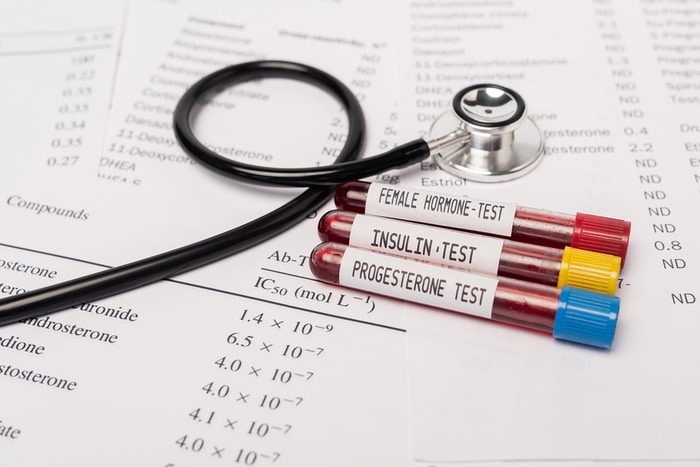Hormones are important. That much is widely known, but despite their name and importance being often dropped into conversations, the exact details of how hormones work are seldom discussed. Similarly, there’s little discussion into what happens when your hormones are out of balance, and what can be done to avoid such imbalances. This article will cover all that. Welcome to hormones 101.


What are hormones?
You may have heard talk of stress hormones, love hormones, and happiness hormones. The truth is, of course, a bit more complicated than that. Hormones are signaling molecules. Their function is to carry messages around your body. When your brain wants you to feel sleepy, hungry, anxious, or angry, it sends a signal to different glands around your body, which in turn flood your bloodstream with various hormones.
Those hormones, when picked up by different parts of your body, lead to changes in your physiology and behavior. Your heart rate increases, your stomach starts to growl, your breathing grows faster, pupils dilate, etc.
As you can imagine by that description, hormones are quite common in the body, and a large number of them exist. Cortisol, Serotonin, and Oxytocin are all commonly mentioned in pop culture. But Adrenaline, Testosterone, Estrogen, and Insulin are all also hormones. The human body is capable of producing over 50 different hormones, all of which serve a wide variety of functions, and are produced by different glands located all over your body.
What makes your hormones out of balance?
A large number of your bodily functions are regulated by hormones, including your metabolism, your appetite, your heart rate, your sleep cycles, your reproductive cycles, your sexual appetite, your growth, your mood, your stress levels, and your body temperature. Hormonal imbalances can affect all of those critical functions and more. Plenty of conditions can lead to you having too much or too little of a particular hormone in your bloodstream.
For example, chronic and extreme stress in your bloodstream can cause your cortisol levels to shoot up. That’s the main reason why cortisol is known as the stress hormone. Stress is indeed one of cortisol’s functions; however, very few hormones are singular-purpose. Cortisol, for example, can also help regulate your metabolism, reduce inflammation, and even plays a part in memory formulation. Meaning that the trick is to have the right amount of this and other hormones — not too much, and not too little.
Other conditions that lead to hormonal imbalance include diabetes, hypothyroidism, pituitary tumors, being overweight, severe allergic reactions, infections, malnutrition, and many other causes. The symptoms of hormonal imbalances are as varied as the potential causes. Difficulty sleeping, anxiety, reduce sex drive, loss of appetite, unexplained and sudden weight gain or loss, blurry vision, etc.
Enjoying a healthy lifestyle and using natural remedies — CBD oil from companies like Cibdol promote hormonal balance, for example — can all help you maintain healthy hormone levels. But that still won’t protect you from other medical causes for hormonal imbalances, such as tumors, which is why having regular blood tests is so important. Those can help doctors track your hormonal levels and spot any significant irregularities.
